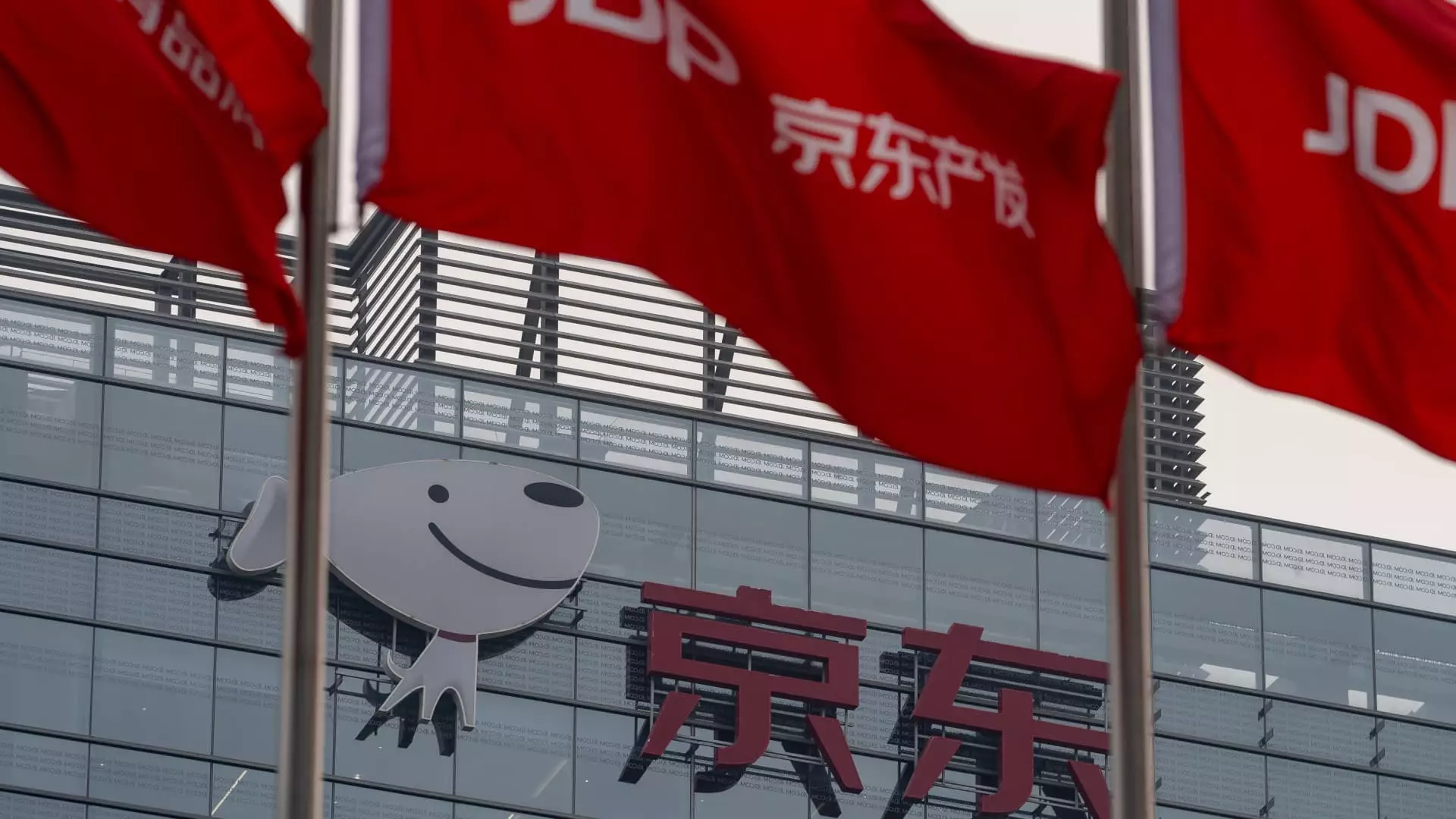The Hong Kong-listed shares of Chinese online retailer JD.com saw a significant increase of 1.2% following the announcement of a $5 billion buyback. This positive news outperformed the decline on the Hang Seng index and contributed to a 2.24% rise in U.S. listed shares. However, despite this recent boost, both JD.com’s Hong Kong and U.S. shares have experienced a cumulative 20% drop year to date.
Market Comparison
In comparison, the Hang Seng index was down about 0.82% on Wednesday but has seen an overall increase of 4% for the year so far. JD.com’s decision to initiate a buyback program is reflective of a common trend in China where companies resort to this strategy when their share prices and growth prospects are low. This move echoes a similar action taken by Vipshop, another Chinese e-commerce player that recently increased its own share buyback program.
Challenges in the Chinese E-commerce Sector
The Chinese e-commerce sector has faced challenges, as evidenced by recent financial reports from industry giants like Alibaba and Pinduoduo. Alibaba’s second-quarter results fell short of expectations, leading to a decrease in its stock value. Similarly, Pinduoduo experienced its worst trading session after missing revenue and earnings per share targets. In response to these setbacks, Alibaba announced a $25 billion share buyback earlier this year after failing to meet revenue targets for the fourth quarter of 2023.
JD.com’s $5 billion buyback announcement has had a positive impact on its stock performance in the short term. However, the underlying challenges facing the Chinese e-commerce sector, including a slow domestic economy and mixed financial results from key players, continue to pose risks to the industry as a whole. As investors navigate these uncertainties, the effectiveness of buyback programs in boosting shareholder value remains a topic of debate within the market.

